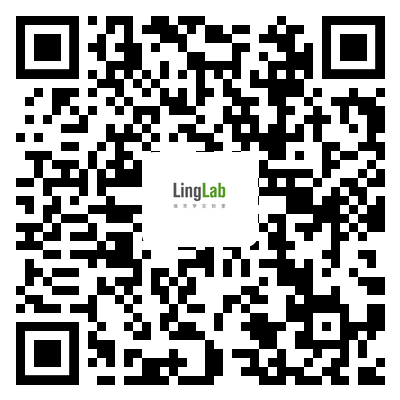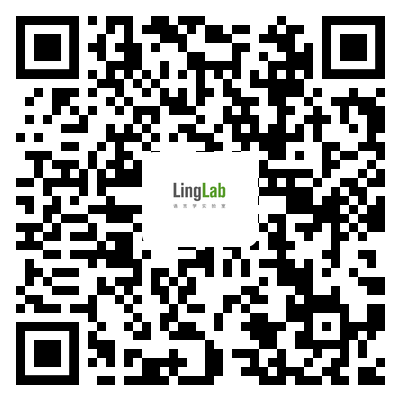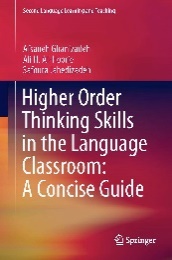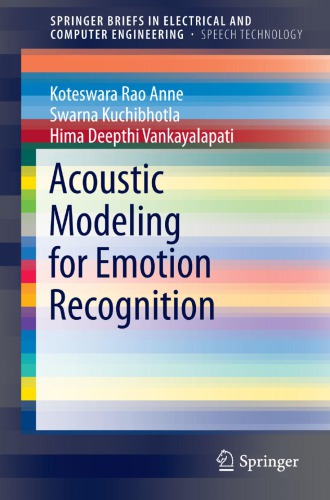1999 阅读 48 下载 2020-11-09 22:51:19 上传 1.12 MB
Higher Order Thinking Skills in the Language Classroom: A Concise Guide等2本电子书
LingLab管理员(微信zhangxiaojian160408)
今日推出2本电子书资源:
①Springer出版社2020年重磅新著Higher Order Thinking Skills in the Language Classroom: A Concise Guide
本书网上很难下载,欲获取请添加LingLab合作伙伴——“语言学小电”的微信13764179404进行咨询!
②Springer出版社2015年前沿专著Acoustic Modeling for Emotion Recognition
本书为LingLab提供的免费资源,各位可以点击文末的附列表进行下载!
【温馨提示】:本平台仅提供电子书籍的相关资讯信息,其中的付费文献代传服务与本平台无关,敬请自行与“语言学小电”联系!
封面 | 概况 | 获取途经 |
|
【书名】:Higher Order Thinking Skills in the Language Classroom: A Concise Guide 【作者】:Afsaneh Ghanizadeh et al. 【年份】:2020年 【出版社】:Springer出版社 【简介】:施普林格“二语学习与教学”书系新作,语言教学中的高阶思辨技能研究。 In this book, we try to provide a practical, down-to-earth guide for those who are involved in language learning and teaching. We hope that this book will be a useful reading for those who would like to incorporate higher-order thinking skills (HOTS)-enhancing techniques in their teaching practice. We set out from the position that, although it is hardly doubtful that it is at the heart of education, critical thinking is in reality often not given its due attention in pedagogy, particularly in language education. This book offers readers some practical advice on how to implement HOTS in their own practice. It has been written to take the reader through each technique with the ultimate goal of promoting HOTS step-by-step. | 此资源由LingLab合作伙伴“语言学小电”提供,感兴趣可添加“语言学小电”的微信13764179404进行咨询! |
|
【书名】:Acoustic Modeling for Emotion Recognition 【作者】:Anne, Koteswara Rao.;Kuchibhotla, Swarna.;Vankayalapati, Hima Deepthi 【年份】:2015年 【出版社】:Springer出版社 【简介】:This book presents state of art research in speech emotion recognition. Readers are first presented with basic research and applications - gradually more advance information is provided, giving readers comprehensive guidance for classify emotions through speech. Simulated databases are used and results extensively compared, with the features and the algorithms implemented using MATLAB. Various emotion recognition models like Linear Discriminant Analysis (LDA), Regularized Discriminant Analysis (RDA), Support Vector Machines (SVM) and K-Nearest neighbor (KNN) and are explored in detail using prosody and spectral features, and feature fusion techniques.;Introduction -- Emotion Recognition using Prosodic features -- Emotion Recognition using Spectral features -- Emotional Speech Corpora -- Classification Models -- Comparative Analysis of Classifiers in emotion recognition -- Summary and Conclusions. | 此资源由LingLab免费提供,可点击下方的按钮直接获取!
|



















